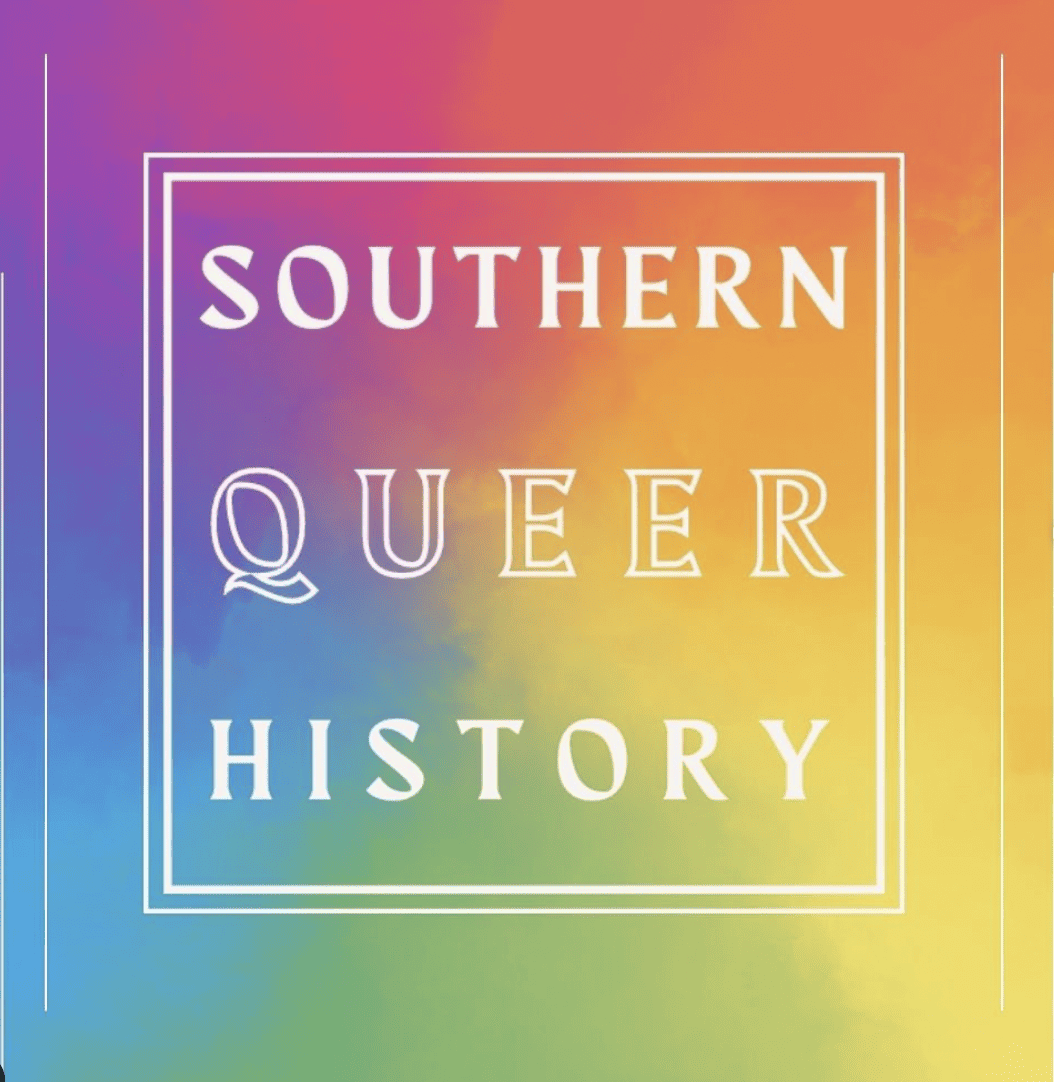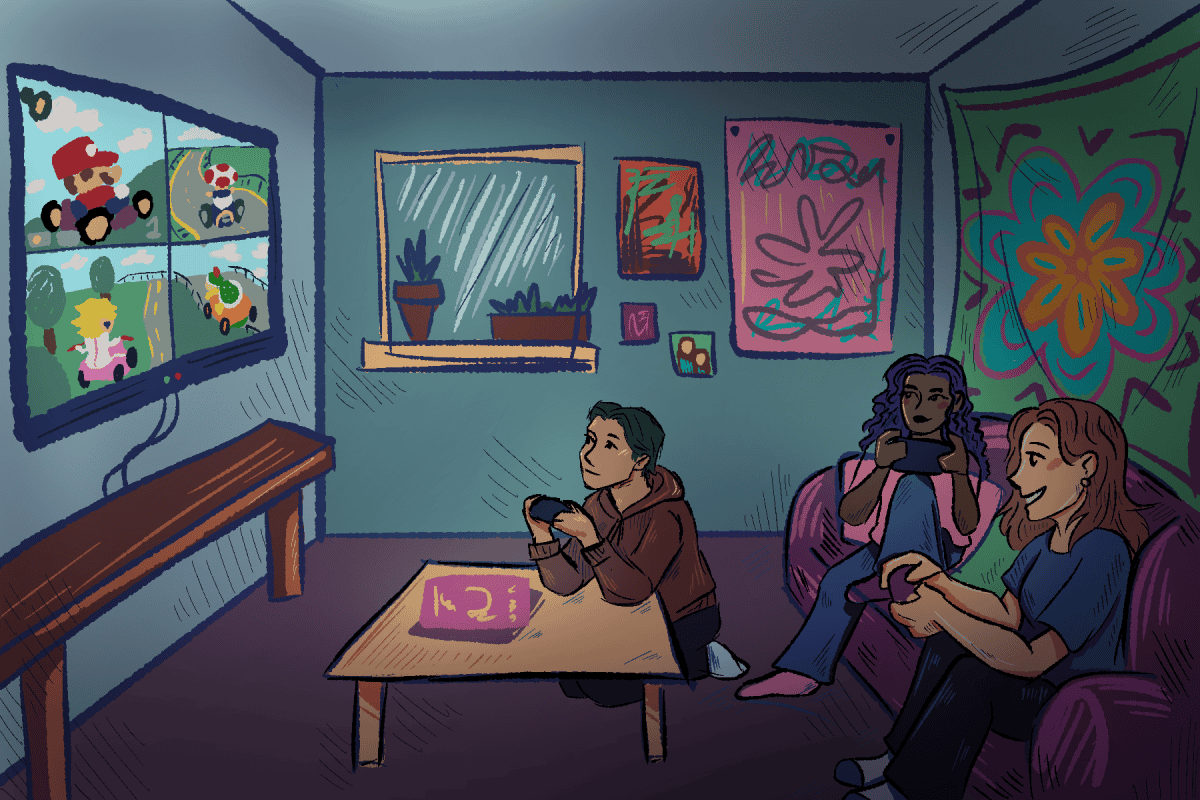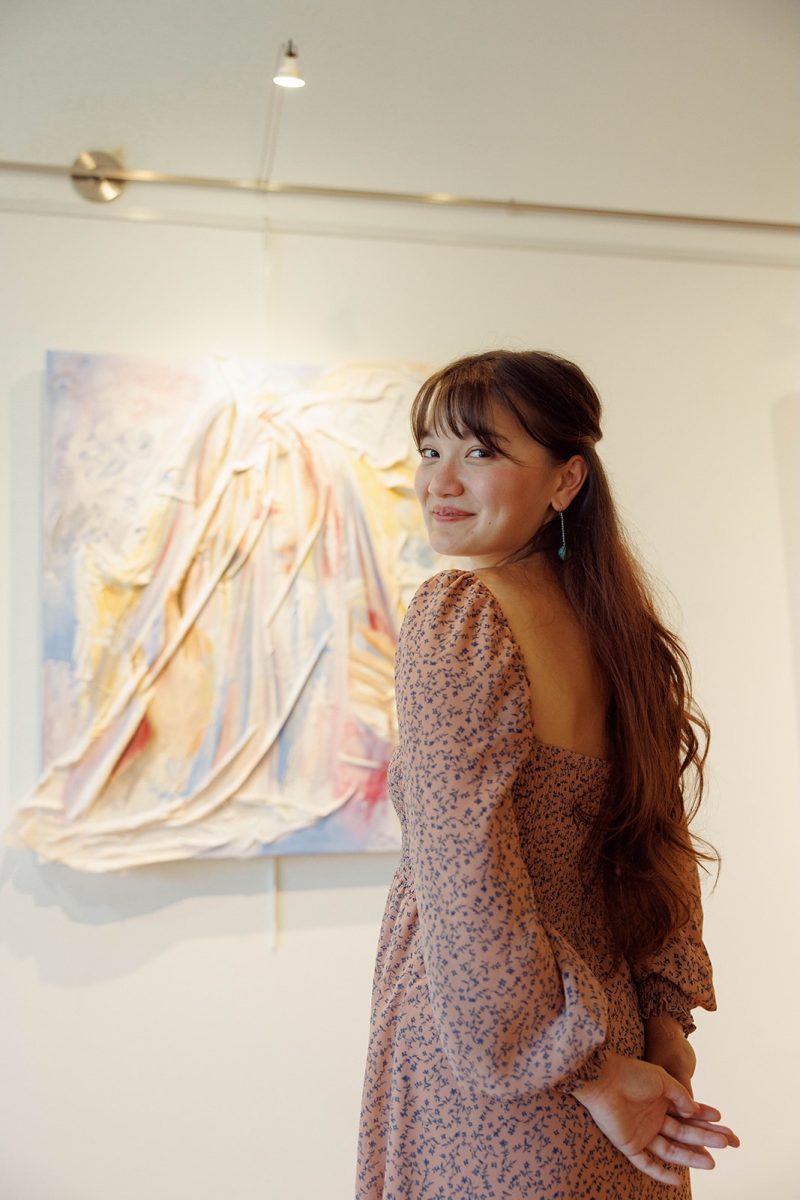Despite the desires of some current Alabama legislation, LGBTQ+ history remains an essential area of knowledge for both the nation and Alabama. At the University’s history department, efforts to educate and research Southern LGBTQ+ history exist through the Frances S. Summersell Center for the Study of the South and University-offered courses.
The Summersell Center was founded at the University in 2006. Since then, it has focused on shedding light on the racial and sexual history of the Deep South through research and events.
The center’s director, John Giggie, views its research as important as it sheds light on “a vital strand in the story of the University’s and state’s past.”
“Not to do so is to produce a thin and incomplete record of history and give short shrift to the accomplishments and struggles for equality of queer Alabamians,” Giggie said.
Currently, the center has a team of both undergraduate and graduate students who are using historical archives to bring Tuscaloosa’s LGBTQ+ history to life by creating a digital walking tour of Tuscaloosa. This tour will focus on businesses and spaces owned by LGBTQ+ people in downtown Tuscaloosa that otherwise have been overlooked.
Giggie hopes that the tour will change the current perception of Tuscaloosa.
“The digital walking tour of downtown Tuscaloosa hopes to offer a different memory of the city and its physical landscape, one that recognizes queer businesses, spaces and neighborhoods that have always been part of the fabric of daily life but have no public record,” Giggie said.
He also noted what drives the center’s studies. “The center’s initiatives in queer history emerged from students who asked for a more complete history of the South,” he said.
He added that the center’s drive to uncover LGBTQ+ history came from “students’ ambitions to create a version of the past different than the one they inherited when first stepping foot on campus.”
As such, the center’s goal is not to unduly focus on one part of history but to give much-needed attention to an overlooked piece of Southern culture.
Sexual and LGBTQ+ history are also vital parts of the currently offered “Sexual Revolutions in America” course in the Department of History.
The undergraduate course, a section of HY 306, focuses on the evolution of American sexuality and how those changes affected greater American culture. To uncover that history, the course delves into subjects ranging from the history of dating to abortion and same-sex relationships.
Anna Arnwine, a sophomore majoring in art history, is currently taking the course. She said it exposes an essential part of history that is invaluable to reflecting on the past and present.
In fact, Arnwine argued that the nature of the course’s content would be dangerous to restrict. “History is an essential resource for students and scholars,” she said. “Hiding such a large part of it would severely hinder our understanding of societal changes.”
She also noted how incredible it has been to learn how societal movements have shaped government action. This remains important in the wake of Senate Bill 129, which prohibits public schools and colleges from funding diversity, equity, and inclusion initiatives and limits discussions of certain “divisive concepts.” On March 20, Alabama Gov. Kay Ivey signed the bill into law.
“It’s mind-blowing how these laws and regulations still affect us today, even after hundreds of years. Especially in conservative states like the South, their influence is still felt,” Arnwine said.







